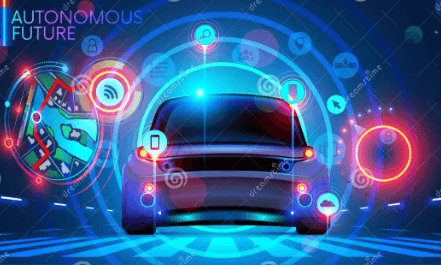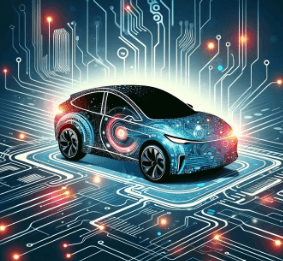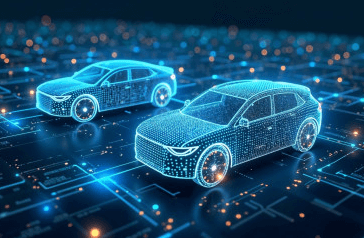Exploring the Future of Human-Machine Interaction
The landscape of human-machine interaction is rapidly evolving, driven by advancements in artificial intelligence and immersive technologies. As voice recognition and social robotics gain traction, users can anticipate more intuitive and personalized experiences. However, this technological surge raises critical ethical questions regarding autonomy and privacy. Balancing innovation with ethical standards may shape the trajectory of these interactions. What implications might this balance hold for our future engagements with machines?
The Rise of Artificial Intelligence in Everyday Interactions
How has artificial intelligence transformed everyday interactions?
AI assistants have become integral, enhancing communication through personalized algorithms that tailor responses to individual needs.
Social robotics, equipped with emotional intelligence, foster deeper connections, making interactions more engaging and human-like.
This evolution empowers users, promoting autonomy and freedom in navigating technology, thus reshaping how society interacts with machines in various contexts.
See also: Exploring the Future of Autonomous Vehicles
Voice Recognition: Transforming Communication Dynamics
Voice recognition technology has significantly reshaped communication dynamics, building upon the advancements made by artificial intelligence in everyday interactions.
This innovation enhances user accessibility, allowing individuals to communicate effortlessly with devices.
Furthermore, the integration of speech synthesis creates a more responsive interaction, fostering a sense of autonomy.
As technology evolves, the potential for more intuitive communication continues to expand, empowering users in unprecedented ways.
Immersive Experiences: The Role of Virtual and Augmented Reality
As technology advances, immersive experiences through virtual and augmented reality are transforming the way individuals interact with digital content.
Virtual environments and augmented interfaces provide sensory immersion, enhancing user engagement. These technologies facilitate interactive storytelling, allowing users to navigate dynamic digital landscapes.
Ethical Considerations and the Future of Collaboration
While the integration of technology in human-machine interactions offers unprecedented opportunities for collaboration, it also raises significant ethical considerations that must be addressed.
Ethical frameworks must evolve to ensure collaborative ethics prioritize human autonomy and machine accountability.
Furthermore, trust dynamics can be jeopardized by privacy concerns, necessitating transparent practices that foster confidence in these partnerships.
Balancing innovation with ethical integrity is essential for future collaboration.
Conclusion
As the dawn of advanced human-machine interaction approaches, a symphony of innovation and ethics must play in harmony. The intertwining threads of AI, voice recognition, and immersive technology form a rich tapestry, promising personalized experiences akin to a warm embrace. Yet, beneath this shimmering surface lies the necessity for vigilance—guardians of privacy and autonomy must stand resolute. In this evolving landscape, collaboration can flourish, painting a future where technology serves as a trusted companion rather than a mere tool.






